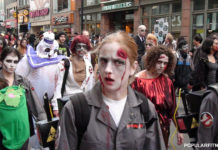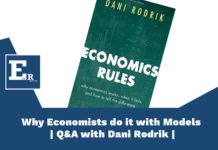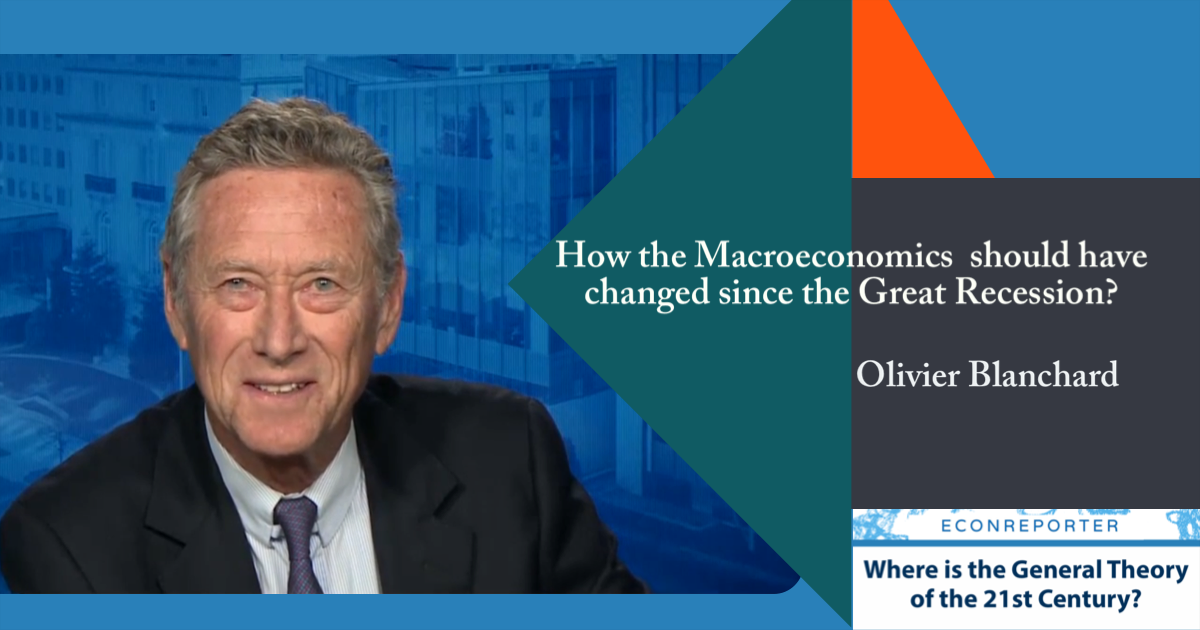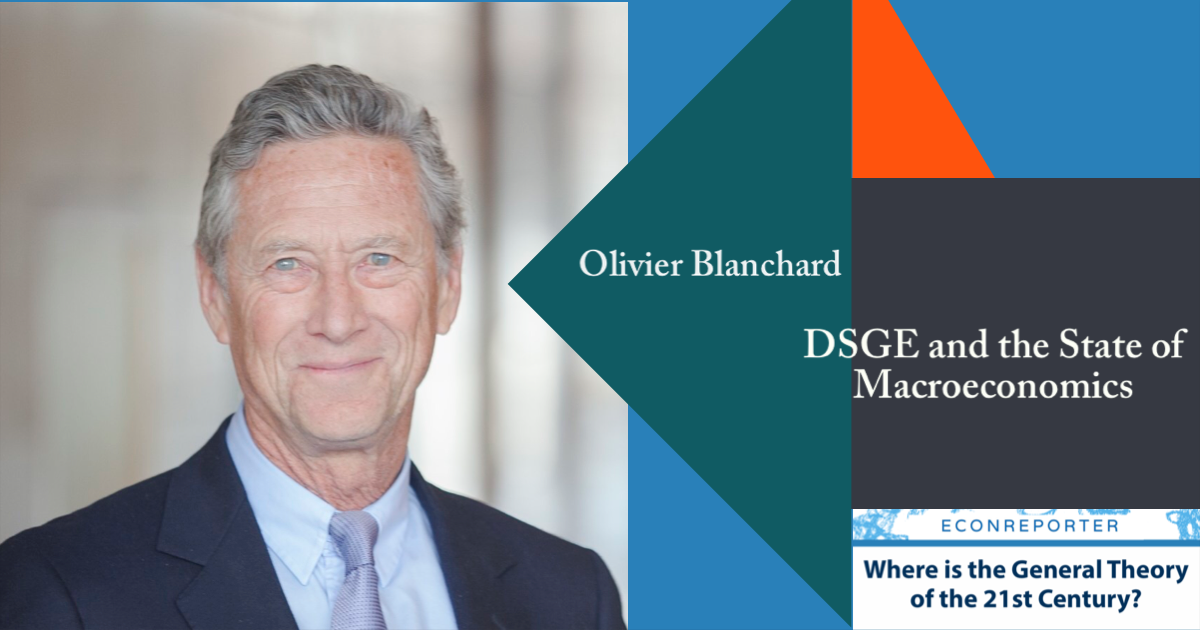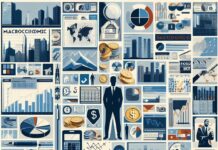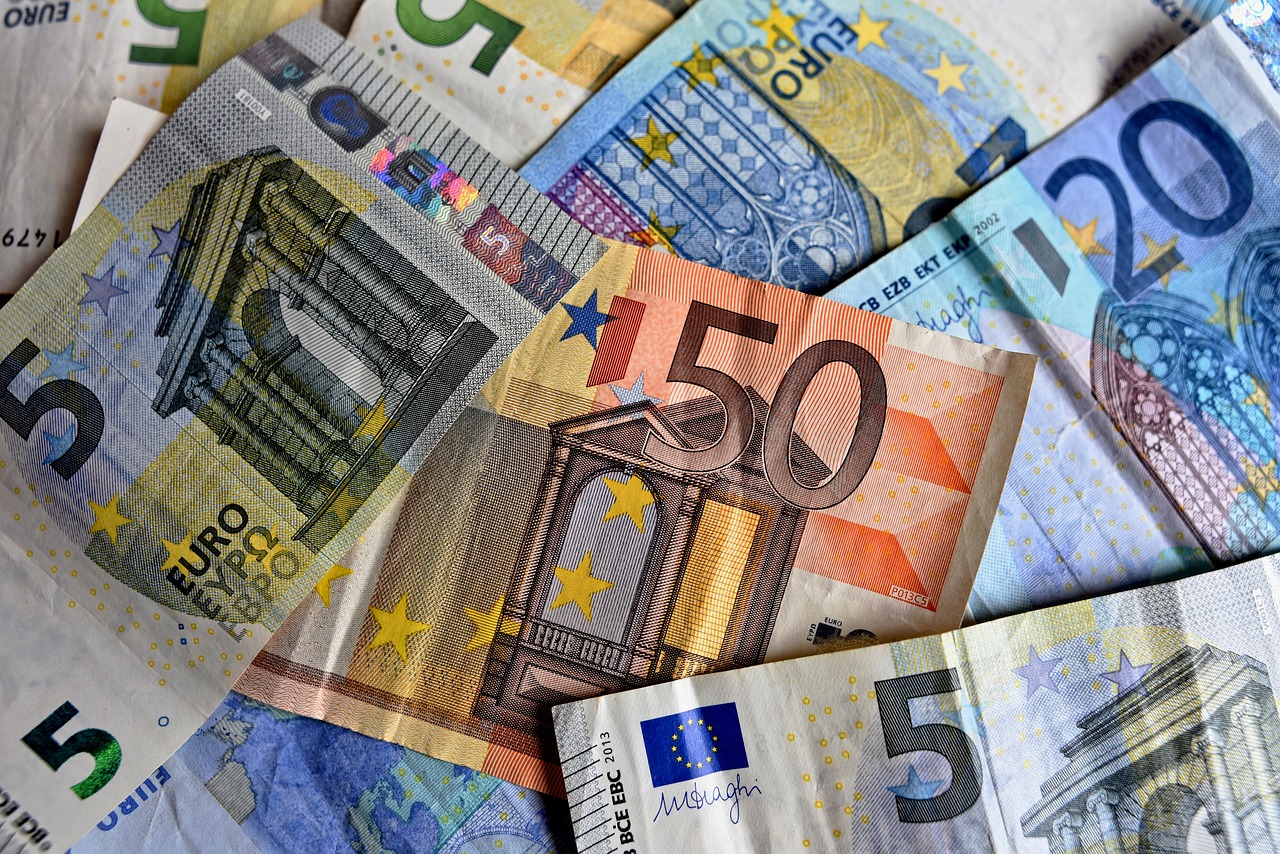Tag: Macroeconomics
Economic benefit of asset market bubble
What the impact of asset price bubbles on US economic growth is.
How often companies in Eurozone change their prices?
An ECB survey found that the retailers review and change their prices most often, while consumer and business service firms adjust their pricing the least often. Firms in the manufacturing sector, meanwhile, have a price adjustment frequency somewhere in between the above sectors
Akerlof on Keynesian-neoclassical synthesis’s departure from Keynes
George Akerlof explains how the Keynesian- neoclassical synthesis dominated the field, and what problems this dominance resulted.
What comes after housing market bubble?
An investigation into the probability of a crash in house prices following a housing bubble
BIS’s latest hunt for Zombie (firms)
In the latest BIS Quarterly Review, researchers Ryan Banerjee and Boris Hofmann consolidated some of the earlier research to illustrate the problem of zombie firms. They argued that the rise of zombies predated the 2008 financial crisis, and has since been dragging down the productivity of the real economy.
Economics Rules – Why Economists do it with Models | Q&A with Dani Rodrik
Rodrik explained why good economists think in terms of models, and what are major differences between models and theory.
He also told us why macroeconomists' quest to find "the one true model" on the business cycle is probably misguided.
Performance of Macroeconomics is not that bad! | Q&A with Ricardo Reis |
In the interview, Ricardo Reis discuss with us his latest research project - "Reservism", the study of the role of reserves on central bank balance sheets and their implications for central bank solvency, quantitative easing, and the ability to control inflation.
The model you should use to explain Macroeconomics to your Mum | Q&A with...
>Professor Olivier Blanchard further explained the role empirical research on DSGE models, how to teach undergraduates macro after the Great Recession, and his research on hysteresis.
DSGE model and the State of Macroeconomics | Q&A with Olivier Blanchard |
In this interview, Blanchard discussed his view on the role of DSGE model in modern Macroeconomics and policymaking. He also explained his decision to rewrite his macroeconomics textbooks after the Great Recession. His recent research on hysteresis was also discussed.
What Macroeconomists agree with each others, according to Blanchard
Olivier Blanchard a list of things that macroeconomists normally agreed on and need no further discussions.






